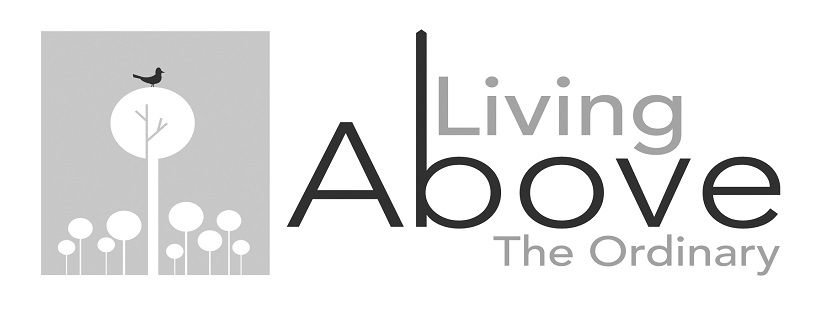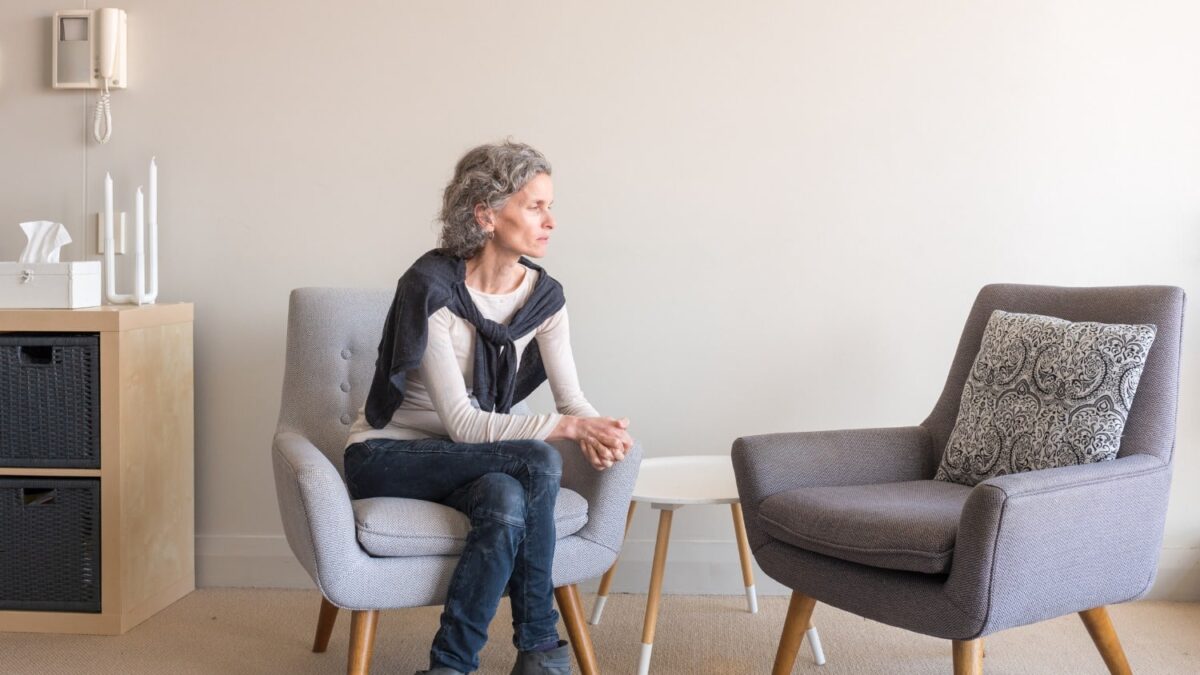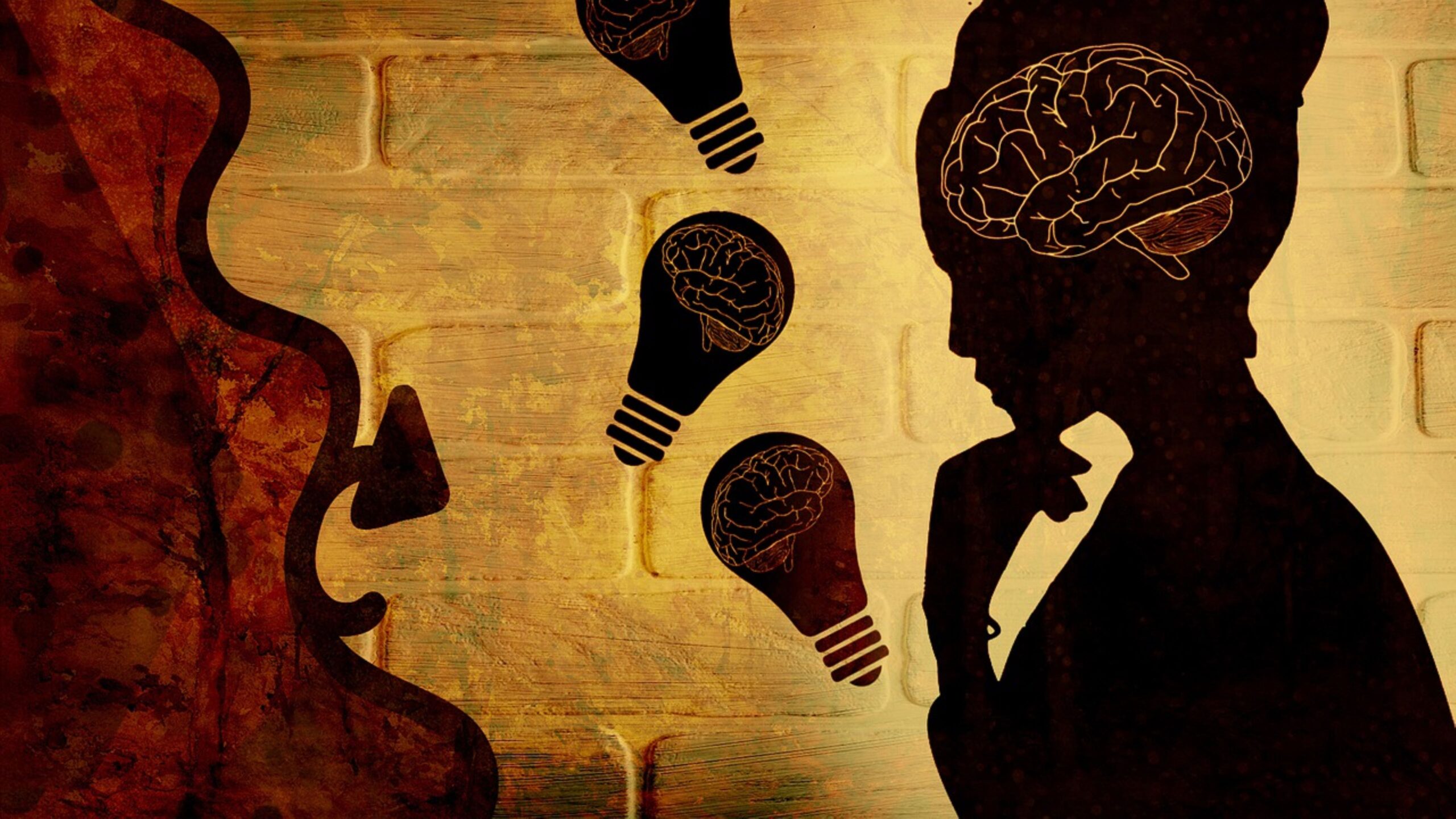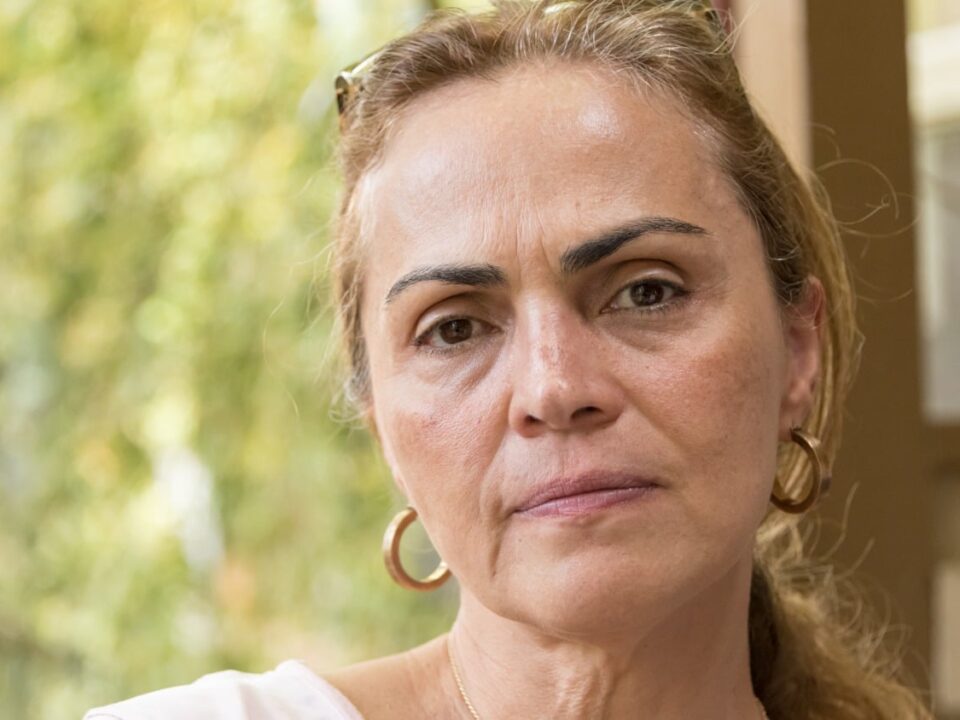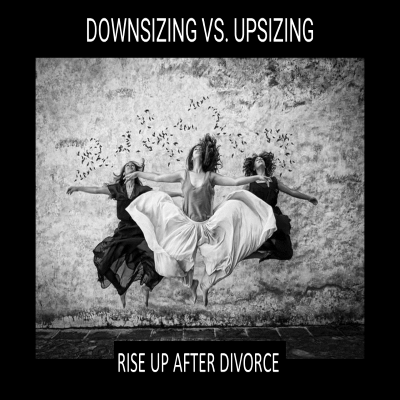
Shedding A Different Kind Of Weight So You Can RISE UP AFTER DIVORCE
October 21, 2022
Are You “Stuck” In The Resentment Phase After Divorce?
December 22, 2022When faced with the difficulty of creating a new, purposeful life after divorce, I try different options and struggle to find one that achieves my goals. As an older woman, I face specific challenges not experienced by my younger counterparts. Here is a blog I wrote for Sixty and Me about that struggle.
Because of the continuous frustration, longing, and discontent, I come up my own plan of action. I call it The Road Through Recovery. During my research, I found there is indeed a progression to divorce recovery.
Divorce recovery has a cycle of feelings and emotions not unlike the Kubler Ross model of grief. I remember back in graduate school learning about the five stages.
As a result, I created my own model of five phases of emotions and feelings specifically for divorce recovery. This is how The Road Through Recovery comes to be.
What Is The Road Through Recovery?
The Road Through Recovery has five phases of feelings and emotions one may experience after transitioning to the other side of divorce. The five phases are Rejection, Resentment, Renegotiation, Remorse, and Reality. Some may encounter all the phases, skip over others, or only experience one.
I think to myself, “Because recovering and healing is an inside job; if I can become aware of what emotions and feelings I am experiencing the most, it gives me a clue of where to begin the process of moving forward.“
In this blog, you’ll learn about the first of five phases on the Road Through Recovery. Next, I’ll give you a real-life example of someone who experiences the first phase, Rejection. Then, you’ll see how she overcomes her obstacles. Finally, as a bonus, I include a survey with action steps. If this phase strikes a chord within you, there’s a plan of action to guide you in moving forward.
What Is The Rejection Phase?
Not everyone is stuck or in pain in this first phase called the Rejection phase. When experiencing the Rejection phase, you are rejecting the trauma of the situation as it helps you to survive the loss. It gives you the ability to pace your feelings and emotions until you are ready in mind and body to manage them. Simply put, your psyche is just not ready to handle all the conflicted emotions. At this point, you’re using rejection as your coping mechanism.
You will notice in the example that there is no groveling around in the past. The past is gone and can’t go back and change it. Finding solutions to help one to move forward; instead of continuing to be all caught up in the problem, it is the “key” to getting on the Road to creating a new life you would love living.
Meet Evelyn.
She is stuck in the Rejection phase. At the time she said, “Now that the divorce is over. I have no life. I don’t have a clue where to start to rebuild it.”
Evelyn got divorced after 39 years of marriage. She and Bruce have four children that are grown and live in various parts of the country.
Having been married for all those years, the emotional upset becomes more pronounced as Evelyn remembers the years—the time, the investment, her heart, her soul that she dedicated to the marriage.
All her hopes and dreams and thinking that she sees her future clearly is now shattered and swept away.
Bruce is miserable for a long time and decides he doesn’t want to spend the rest of his life living in an unhappy, unfulfilling marriage. Long after she and Bruce are divorced, Evelyn continues to leave the outside light on at night like she used to for times when he would come home late from work.
His shared area of the walk-in closet remains empty, and she continues to cook some of his favorite meals for dinner.
Evelyn is a small person and gains close to 35 pounds. She’s feeling out of control. Unfortunately, emotional eating is her coping mechanism. It’s her way of dealing with the situation instead of allowing the uncomfortable, painful feelings to hit, and then deal with them.
She eats them away. Physically she doesn’t recognize herself; and emotionally, she doesn’t know who she is anymore. Evelyn loses her sense of self and well-being. Emotional eating is a crutch. It becomes a habit. The good news is, it’s a habit; and habits can be broken.
Here’s Some Steps Evelyn Can Take.
Using the free REJECTION PHASE SURVEY, here are some action steps she creates to move out of the Rejection phase on The Road Through Recovery.
- Along with filling up what used to be Bruce’s other side of the closet with her new wardrobe as she loses the weight, Evelyn begins to cook her favorite meals that are nutritious and healthy.
- Become aware of her “trigger thoughts” associated with overeating. Write the most frequent ones down as the thoughts pop into her head.
- Make a list of alternative behaviors that she can readily use in place of overeating triggers. Tape them to the refrigerator.(Instead of diving into the refrigerator, she can dive out the door and go for a walk, call a friend, read a book, or focus on any activity outside of the kitchen area.)
- When the uncomfortable feeling sneaks in, (she wants to get rid of it) she stops right where she is and pauses. Evelyn learns to allow herself to feel the uncomfortable feeling, and breath through the feeling.
The breathing takes away some of the power of discomfort. This way, she is in control of her feelings instead of her feelings in control of her.
What Are The Positive Takeaways?
This experience has changed Evelyn. She is a different person now as she works through the steps and achieves her goals. As she begins to respect and love the person she is now, she will rise up after divorce moving past the Road Through Recovery.
As she moves out of the past, Evelyn make space inside of herself to allow for the present and what is possible for the future.
Part of living in the present is acknowledging the thoughts and feelings when they show up and recognizing some of these feelings no longer serve her. Learning to respond instead of reacting to negative feelings and emotions, she make new choices and decisions for the future coming from her higher self.
If you feel you may be stuck in the Rejection phase, I encourage you to take the REJECTION PHASE SURVEY bonus survey which includes action steps for each of the five statements.
Do any of the statements resonate with you? If so, what actions will you take to overcome the challenge of them? I encourage you to share your action steps in writing as you’ll feel more accountable.
You can learn more about Rise Up After Divorce–my five-step process empowering women to embrace a new beginning creating a new, purposeful life after divorce.
